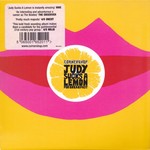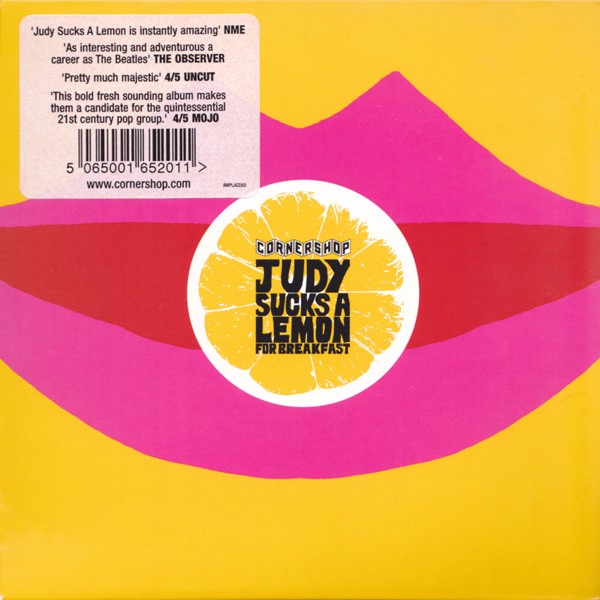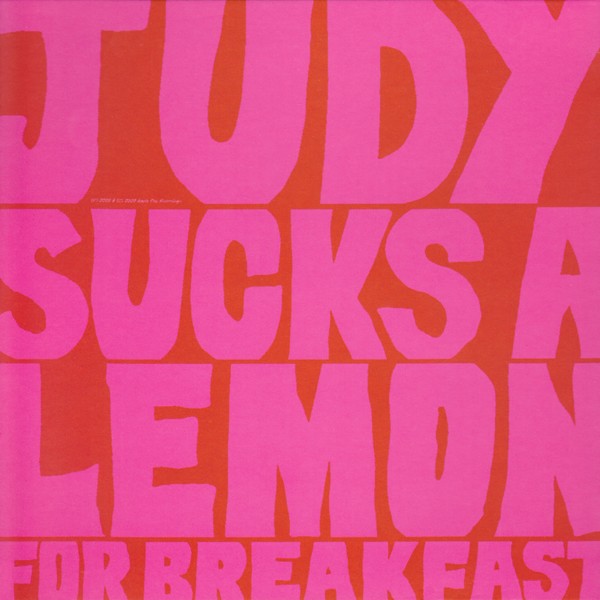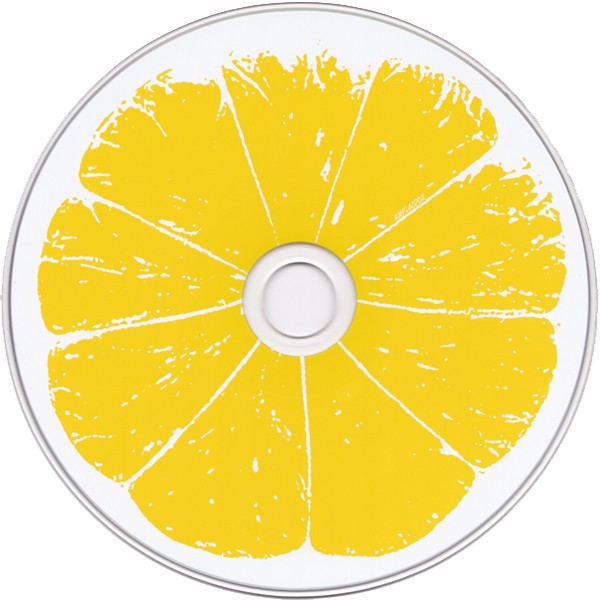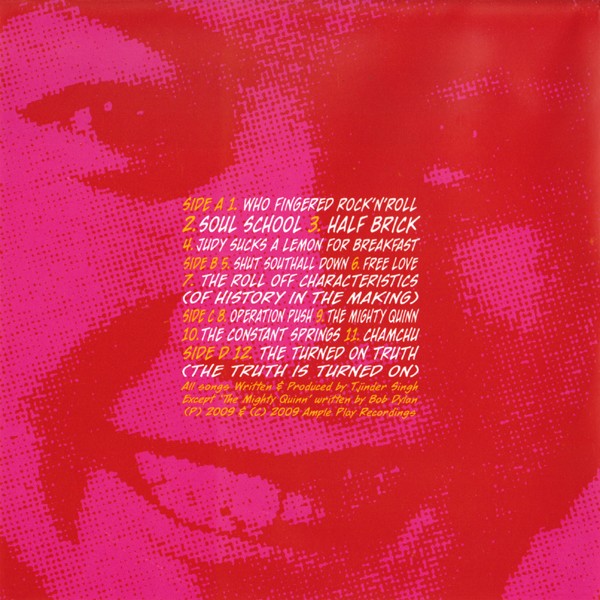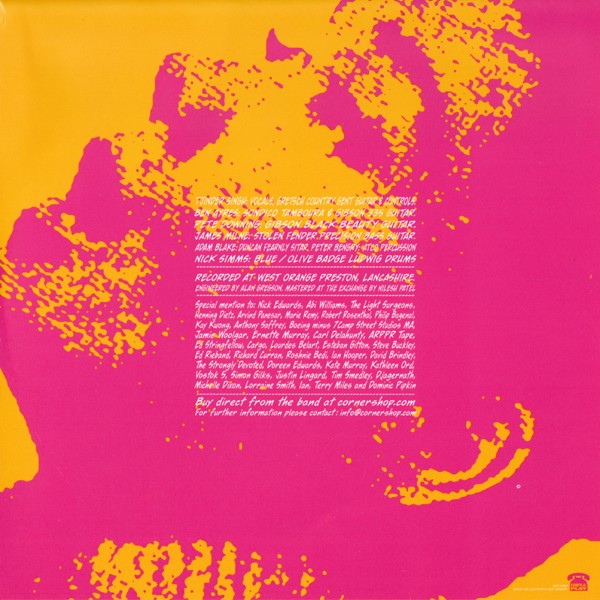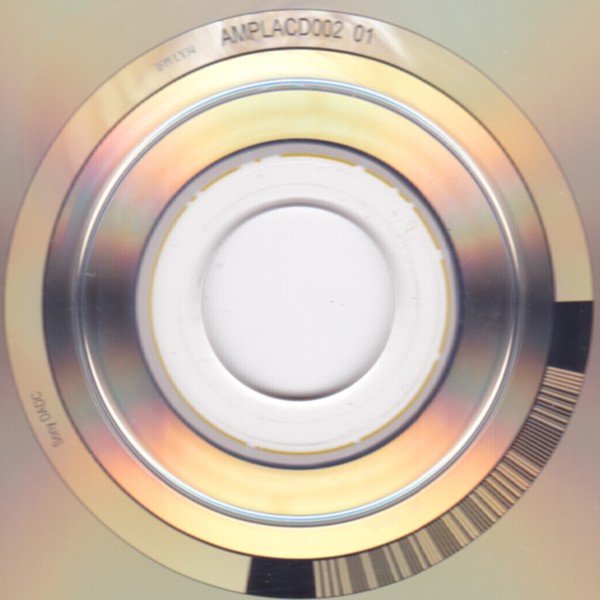| Reviews |
All Music Guide Review:
Review by Stephen Thomas Erlewine
Given Cornershop's extended seven-year layoff, it's not unreasonable to expect Judy Sucks a Lemon for Breakfast -- the group's first album since 2002's Handcream for a Generation -- to be somewhat of a reinvention for a group that specialized in ever-shifting change in the '90s. As it turns out, Judy finds Cornershop riding a very, very comfortable groove, replicating the sound of feel of the bright, boogying Handcream while stripping away any of its intensity. That means that this is the friendliest batch of neo-glam to come down the pike in quite some time, never catching fire but never really striking a match, either, and it's the least adventurous dose of eclecticism, too, with nary a sitar, Mellotron, or sample out of place. Familiarity may often breed contempt, but not here, because there's a palpable sense of happiness running through the music -- not something that's exuberant, but rather mellow and colorful. By now, Cornershop's blend of '60s pop, '70s rock, and '90s multi-culturism feels as retro as their inspirations, but that's only because the world has moved on to other fashions while the band has not. Instead of redefining their world, they're happy to cultivate their own little garden, and when the fruit is as pleasing at this, it makes sense.
Pitchfork - 7.3
— Eric Harvey, January 13, 2010
Sure, the late-1990s version of global alt-pop is weak compared to the current peer-to-peer-fueled, M.I.A.- and Vampire Weekend-populated stuff. But tell that to my carbound Case Logic between 1996 and 1998, which at the time felt like its own Model UN meeting. Cibo Matto, Cornelius, and Buffalo Daughter fueled my fascination with Tokyo's short-lived Shibuya-kei scene. Air, Daft Punk, and London-based Stereolab taught me that French pop culture meant more than 1960s New Wave flicks. The Score's Haitian expat hip-hop, Nusrat Fateh Ali Khan bringing Sufi to the NPR crowd-- hell, even Odelay exoticized Americana in a way that I'd never heard before. I could go on, but I'd rather not discuss Ozomatli and Buena Vista Social Club.
None of that stuff cracked my head open in quite the same way as Cornershop's 1997 breakthrough When I Was Born for the 7th Time. Tjinder Singh named his band after a bit of British racism, sang half his stuff in Punjabi-- including the snarky cover-as-cultural-reclamation project "Norwegian Wood"-- but, along with partner Ben Ayres, loved hip-hop and Britpop just as much. Born was totally accessible (enough for David Byrne's Luaka Bop label, at least) but pre-Wikipedia, totally out of reach (Asha who?). It was quasi-political but not dogmatic, weird as shit but not "mystical," sharp pop cut with extended bong-drones. Somehow, Allen Ginsberg showed up on this thing. By the time I was hooked, though, Cornershop had disappeared. Singh popped up in 2000 with the disco-fueled Clinton side-project, and the similarly clubby (and underrated) Handcream for a Generation two years later, but Cornershop's moment, like that fledgling flicker of world-weirdness in the late 90s, had more or less passed.
Now that it's nearly expected for pop to have some sort of non-Western flair, Cornershop's latest LP Judy Sucks a Lemon for Breakfast feels positively quaint: Partially in comparison to its contemporaries, but partially because of the British trad-rock direction in which Singh has pushed this project. The title track, complete with a string-and-bassoon-laden arrangement, evokes Ray Davies' quirky domestic portraits with the Kinks. The album even ends with a live session in which the group covers "Waterloo Sunset". A cover of Manfred Mann's "The Mighty Quinn" induces a shrug, but the riffy, soulful (and wonderfully titled) opening track "Who Fingered Rock'n'Roll?" suggests Singh should play Exile on Main Street more. It's not clear whether the group embraced its rock leanings as a conservative reaction to his eclectic peer group, but regardless, the results can feel a bit light.
Yet when Lemon embraces Singh's intellectual side, as well as the group's more playful and political tendencies, the album shines. First single "The Roll Off Characteristics (of History in the Making)" is insidiously catchy (watch the video for an instant smile)-- especially for a song that incorporates a brief spoken exegesis on the early roots of corporate globalization. Less didactic and more rock'n'roll, though, is the brief couplet early in the piece that clearly sums up the song's title: "Winners will never be losers, and the losers will never win." "Operation Push" combines a vaporous reggae rhythm and all manner of sound effects into an effervescent hybrid that simulates a walk through an open-air market (though what it says about Jesse Jackson's political coalition, I'll never know), and the ebullient fractured dub of "Chamchu" might be the best three and a half minutes here.
A large part of why "Chamchu" registers so strongly is that is sounds so much like 7th Time. Considering cross-cultural musical hybridization has exponentially increased in the past decade, these sorts of "wow" moments are happening on an exponentially larger scale. And of course, this has also led to the sorts of controversies-- a Sri Lankan born art-school graduate making the pop hit of 2008 out of vaguely terroristic threats; an indie pop quartet regularly chastised for unironically embracing African pop-- that were stuck in Ethnomusicology seminars when Cornershop was ascendant. M.I.A. and Vampire Weekend are resented by many because, in their own way, they assume that everyone is on board with the new paradigm, and then start from there. This is exactly what Cornershop has always been so good at, and which occasionally comes through on Lemon-- expecting us to be on the same page, and feeling no need to explain anything to those who aren't. Much more than in 1997, we can't have enough artists with a global musical palette, wild imagination, and clever sense of humor-- and Lemon is a good start toward Cornershop's long-awaited return.
|
|
